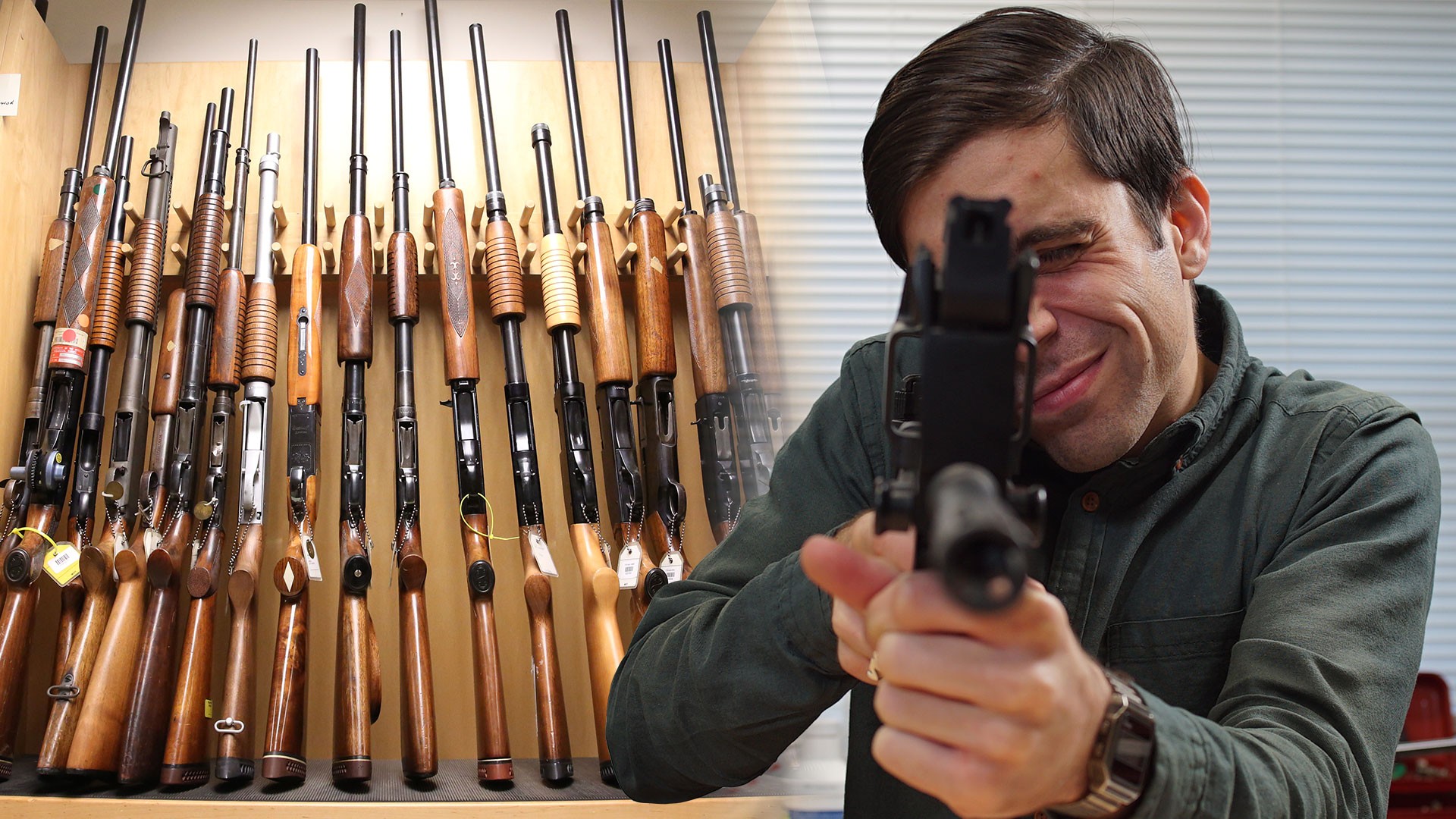Shawn Ferrier, a hobby drone pilot in Ottawa who uses his equipment for nature photography, used to fly in the backyard "to experiment with camera settings," he told Motherboard in an email, "even if it was only 2m off the ground." Canada's strict new drone regulations, though, mean this is now "off-limits," he said. He's thinking about leaving the hobby for good.Transport Canada's rules, introduced March 16, prevent recreational drone pilots from flying their equipment within 75m of a building, vehicle or person, or flying higher than 90m. They also forbid hobbyists from flying drones within 9km of anywhere that aircraft take off or land.
Advertisement
Drone pilots complain that, around major cities like Ottawa, Toronto and Vancouver, much of the airspace—which includes large parks, beaches and fields—is now considered off-limits.These new regulations are making some US drone pilots nervous. An American advocacy group called the Network of Drone Enthusiasts (NODE), which is backed by the manufacturer DJI, has started a campaign to advocate for drone flight freedom. It began organizing at the beginning of March to ward off any Canada-style regulations from taking root there.Canada's rules aim to make sure that drones are flown safely. Indeed, there have been reports of airline pilots seeing drones near Canadian airports, which could be potentially dangerous.US regulations are a lot more flexible. Currently, the FAA requires you to register your drone with a tail number. If you're just flying recreationally, you have to keep your drone in line of sight, under 121m (400ft) in height. Should you fly near an airport, you need to let the airport authority know.
According to Transport Canada, there are two options for hobbyists who want to keep flying their drones: one is to apply for a special flight operation certificate, or to join the Model Aeronautics Association Of Canada, a model aircraft organization. When you're flying on an MAAC-sanctioned field, some of the current regulations don't apply. But you do need to join a club for $80 a year, which includes insurance if something goes wrong."If these guys' noses are out of joint because they don't feel that they come under the umbrella of safety, then I guess it's just too bad."
Advertisement
Rodger Williams, President of MAAC, thinks the new rules are fair. "Safety is number one," he said. "If these guys' noses are out of joint because they don't feel that they come under the umbrella of safety, then I guess it's just too bad."The drone industry feels differently. Flitelab, a Canadian commercial drone company, has published a proposed licensing system that would give pilots an avenue to less restricted flight. With no verified reports of plane and drone collisions, and the vast majority of owners wishing to fly responsibly, DJI hopes that drone pilots will tell fight against new regulations."A lot of NODE's work is going to be focused on state and local [regulatory] measures, because there are just so many of them popping up across the US," said Adam Lisberg, head US spokesman for DJI, speaking on behalf of NODE. The group is expanding into Canada, he said..
NODE says the Canadian regulations come from an unfounded fear of drones. "Fear is a bad motivator for writing responsible legislation," said Lisberg. "The overwhelming evidence is that people are flying safely and responsibly."Read More: A Canadian Startup Wants to Replace Drone Batteries With a Gas EngineTransport Canada says they'll use discretion when issuing tickets. "In some cases, the officer on scene may speak to the operator and educate them on the rules. However, should a recreational drone operator be found to be operating in the proximity of an airport, in a flight path or over a group of bystanders, more serious enforcement actions and fines will be considered," a spokesperson for the federal regulator wrote in a statement.This June will see a vote in Parliament to decide if interim rules are here to stay. Until then, drone operators are proceeding with caution, and some are reconsidering their hobby."I've probably invested between $2500 and $3000 into my drone and equipment. After hearing about the new regulations, the possibility of selling it entirely did cross my mind," said Ferrier.Watch Motherboard's latest documentary, A Smarter Gun:
NODE says the Canadian regulations come from an unfounded fear of drones. "Fear is a bad motivator for writing responsible legislation," said Lisberg. "The overwhelming evidence is that people are flying safely and responsibly."Read More: A Canadian Startup Wants to Replace Drone Batteries With a Gas EngineTransport Canada says they'll use discretion when issuing tickets. "In some cases, the officer on scene may speak to the operator and educate them on the rules. However, should a recreational drone operator be found to be operating in the proximity of an airport, in a flight path or over a group of bystanders, more serious enforcement actions and fines will be considered," a spokesperson for the federal regulator wrote in a statement.This June will see a vote in Parliament to decide if interim rules are here to stay. Until then, drone operators are proceeding with caution, and some are reconsidering their hobby."I've probably invested between $2500 and $3000 into my drone and equipment. After hearing about the new regulations, the possibility of selling it entirely did cross my mind," said Ferrier.Watch Motherboard's latest documentary, A Smarter Gun:

